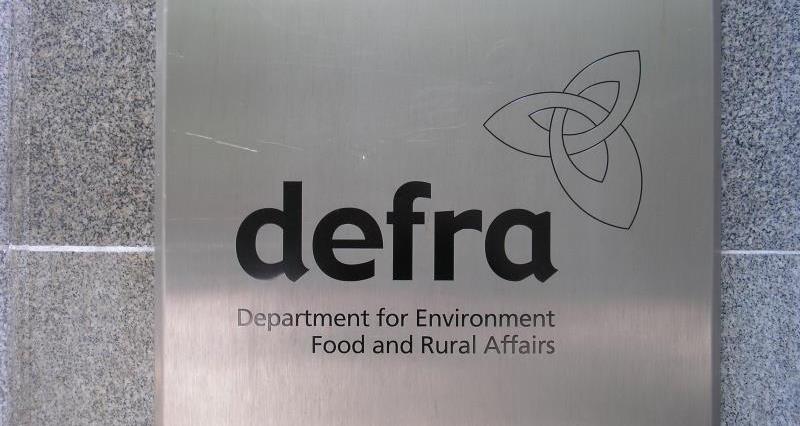The agreement sets the standards required for animal traps to obtain approval and certification, and arose following threats of trade embargoes so that the fur trade could continue between signatory countries without restriction.
In the UK the species covered by AIHTS are badgers, otters, pine martins, beavers and stoats, and, of these, the stoat is the only species commonly caught in kill traps. Unfortunately the current traps used for stoats have all failed to meet the required standards for AIHTS, meaning that at this time there are no AIHTS-compliant traps for stoat.
Under the original timeline the agreement is due to be implemented in the UK by July 2016. The process for designing, testing, approving and then distributing a new design of trap is lengthy, and compliant traps will not realistically be widely available and deployed prior to 2018. The July 2016 implementation deadline will therefore be missed, and so there will potentially be an extended period of time with no legal traps available for controlling stoats.
Stoats are not typically trapped for fur in the UK, but their control through trapping is an essential aspect of wild bird conservation and management, and so the absence of a usable trap could have a serious negative impact on wild bird populations. This issue also affects farmers and others who set traps for rats or other species, but are in a location where there is a risk of catching non-targeted stoats, as in cases such as this the trap would still have to be AIHTS compliant.
Kill traps in the UK are currently governed by The Spring Traps Approval Order which lists all traps which are approved by Defra, and the setting conditions and target species for each. Trap testing has previously been funded by Defra, but they will no longer be providing funding in its entirety. Trap manufacturers and stakeholders may have to provide the funding, although Defra may still be making a contribution towards this.
Following a series of consultations with key stakeholders including the NFU, a plan was produced for delayed implementation, which Defra ministers have now agreed to, and so implementation of AIHTS has been delayed until 2018. There is however still some uncertainty over how exactly this delay will be legislated.
This webpage will be updated when further information is known.
